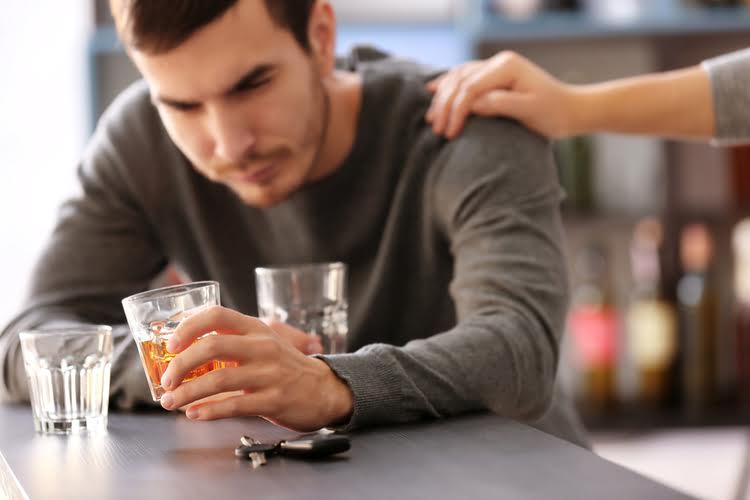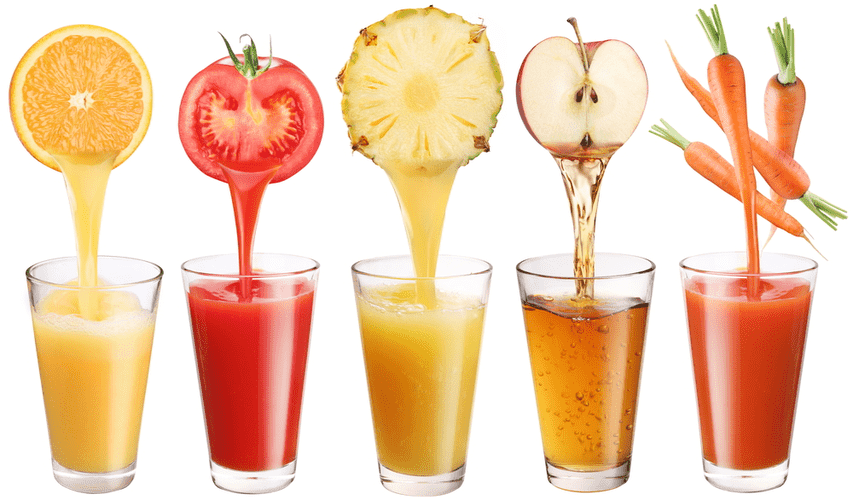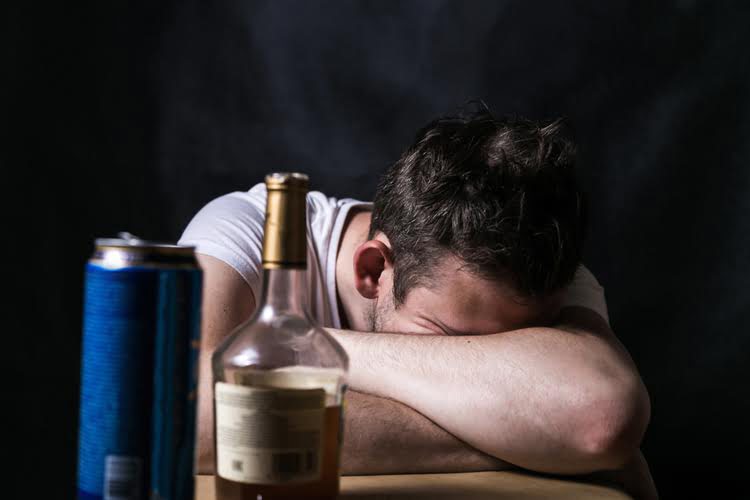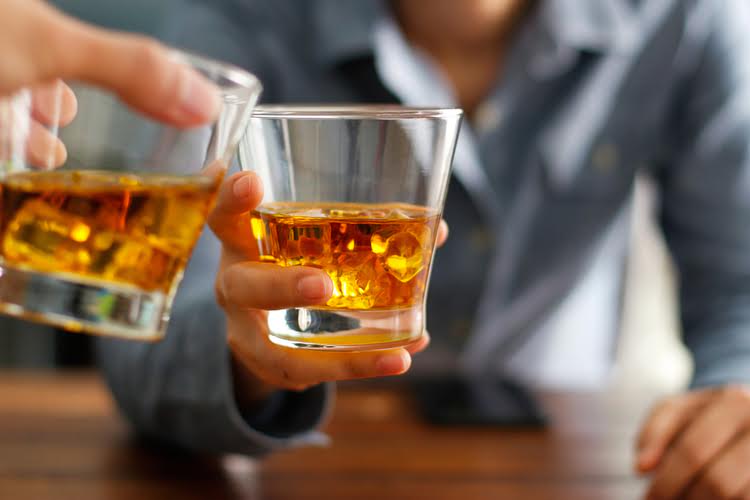Sober living
Does Beer Really Give You a Big Belly?
As well as the result of passing your tipping point, research shows that poor sleep quality following binge drinking significantly affects weight. https://www.free-pet-wallpapers.com/page/2/ To reduce weight avoiding binge drinking can be a crucial first step toward weight loss. When you get hungry while drinking, consider having vegetables and water instead of high-calorie foods. This type of diet can help you avoid over-consuming calories.
- Cirrhosis, on the other hand, is irreversible and can lead to liver failure and liver cancer, even if you abstain from alcohol.
- Overall, Simon says, that the best protection against weight gain is “sticking to that average of four or less drinks a week for women, and less than two drinks a day for men.”
- That can lead to pancreatitis, which is inflammation of the pancreas.
- The body can only metabolize a certain amount of alcohol every hour.
Avoid Eating Greasy and High-Calorie Foods

Reducing alcohol consumption can also help manage weight, along with a balanced diet and regular exercise. Lifestyle changes, medications — or both — can help manage bloating or reduce alcohol-related weight gain. This is a very interesting article all I have to do is limit myself to 2 drinks on Saturday and I will be ok. Buying the single glass bottle of wine is easiest for me until I reset my mind to only have this amount. Additionally, alcohol is a diuretic, meaning you lose more body water, so you’ll likely need to go to the bathroom more frequently and will often sweat more too.
Ways That Beer May Cause Fat Gain

There are many different varieties that vary in strength, color and taste. The strength https://allmedbook.ru/search/?q=%D0%9D%D0%B0%D1%81%D0%BB%D0%B5%D0%B4%D1%81%D1%82%D0%B2%D0%B5%D0%BD%D0%BD%D1%8B%D0%B5;t=1;p=4;md= of a beer depends on the amount of alcohol it contains, which is measured as alcohol by volume (ABV). ABV refers to the amount of alcohol in a 3.4-oz (100-ml) drink, expressed as a percentage.

Do Other Types of Alcohol Cause Belly Fat?
- To minimize your risk of gaining weight, make sure to keep your alcohol intake within the recommended limits and lead a healthy, active lifestyle.
- But even if you don’t consume massive amounts of alcohol, you could still be subjecting yourself to serious weight gain.
- Drinking alcohol can significantly increase your weight depending on how many calories an alcoholic beverage has.
- A lack of sleep, or poor quality of sleep, increases your appetite and cravings for junk food rich in refined carbohydrates and decreases your energy expenditure on the following day.
- Bloating is one of the most common effects drinking alcohol can have on the body.
Alcohol can also affect hunger levels, which may lead you to snack more, which then causes you to consume more calories, which ultimately may cause weight gain. So, if you’re eating pizza or even a light salad with your cocktail, the calories from that food get stored as fat instead of burned for energy. Some evidence suggests that sleep-deprived people eat more food and find it harder to resist tempting snacks than usual. When you mix drinks with sugary sodas or juices, those calorie counts can soar. The amount you drink matters too—more drinks mean more calories, which can add up to temporary weight gain.

This indicates that beer drinking doesn’t specifically put weight on your belly. Alcohol can also influence hunger via several central mechanisms. The effects of alcohol on opioid, serotonergic, and GABAergic pathways in the brain all suggest the potential to increase appetite 62–65. A summary of the effects of alcohol on important appetite hormones and central neurological pathways in humans can be found in Table 2. So what should you do about alcohol consumption while on a diet? A common-sense approach is to drink very moderately, if consuming a very small amount of alcohol will make staying on the diet easier.
- If cortisol triggers our fight or flight response, it is logical to cue the body to stock up on the energy we get by eating.
- Content on this website is provided for information purposes only.
- Still, research has linked excess alcohol use to poor sleep duration and quality.
- For example, a glass of red wine with a meal is completely acceptable.
- A modest increase in weight of one kilogram over a 10 week period seems insignificant but over five years this could result in up to 26 kg of weight gain if no compensation takes place.
How is alcohol bloating treated?

“Beer belly” refers to that protruding stomach some men carry around. But you don’t have to be male or drink beer in order to gain weight from alcohol. Opt http://www.gta.ru/forums/talk/music/opoznanie_muzikalnih_trekov_v_3-219146/ for low-calorie options like light beer, and skip mixed drinks with a lot of liqueur, juice, and syrup.
